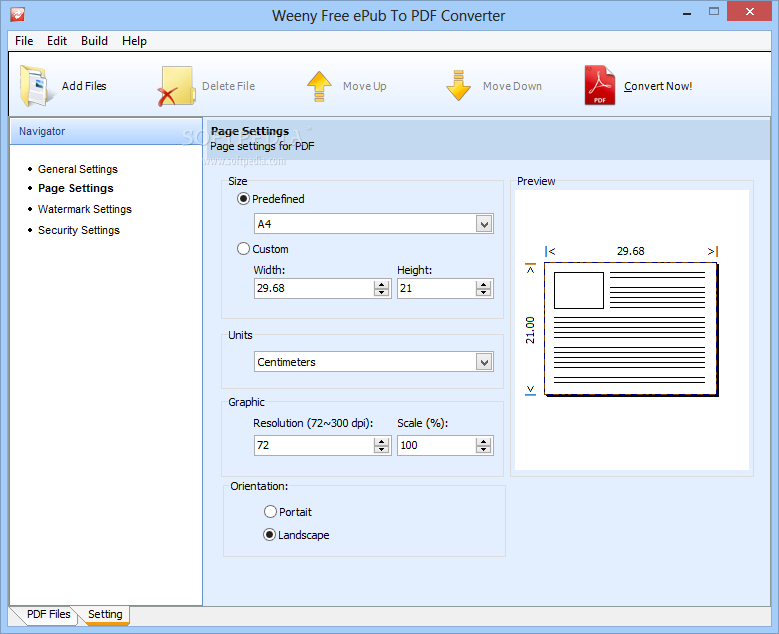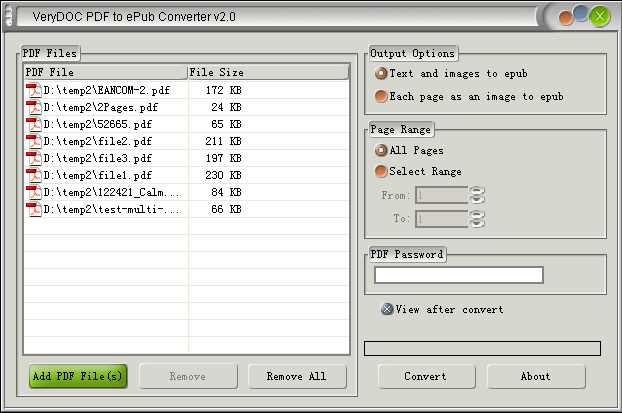


Most regular books aren't even published in pdf format anymore, for good reason. It's rather weak, but I understand the argument and I don't throw a fit when such material is only available in pdf.

And there's an even greater gap between "just fine" and "acceptable".Įpub is a better format for everything except niche uses (textbooks, especially math, papers, etc) where there's an argument for pdf. Math rendering doesn't have to be up to Spivak's standards to be just fine for reading and learning. Math material on the web is mostly mathjax, and it's just fine. Current mathematicians grab scans of old math books from online pirate libraries. Minus the flowed text and font customizability, and probably with poorer navigation as well.Įveryone prefers better typography, but what qualifies as readable and acceptable for math? Generations of mathematicians learned from handwritten (including horrible scribbles on chalkboards), typewritten, and facsimile/photocopied material (like many Dover reprints). You end up with a pdf that looks exactly like how a typical ereader would display the epub. However, if there's no original pdf, what is the objective of converting an epub to pdf in order to read it on a computer? Whatever you think you're accomplishing, I think you're mistaken. If a book is available in both PDF and epub formats, it's a reader's prerogative to pick the one they want, and there are specific types of books where PDFs might be preferable. They have flowed text, and ebook readers let you customize font and font size so that the book's text adapts to you rather than you adapting to a particular combination of publisher quirks and zoom necessary to fit in a particular device's or app's viewable size.Īnd if there's something about the epub you don't like, you can actually fix it. If you print your ebooks for some reason rather than buy used copies, granted you have to convert to pdf for that.


 0 kommentar(er)
0 kommentar(er)
